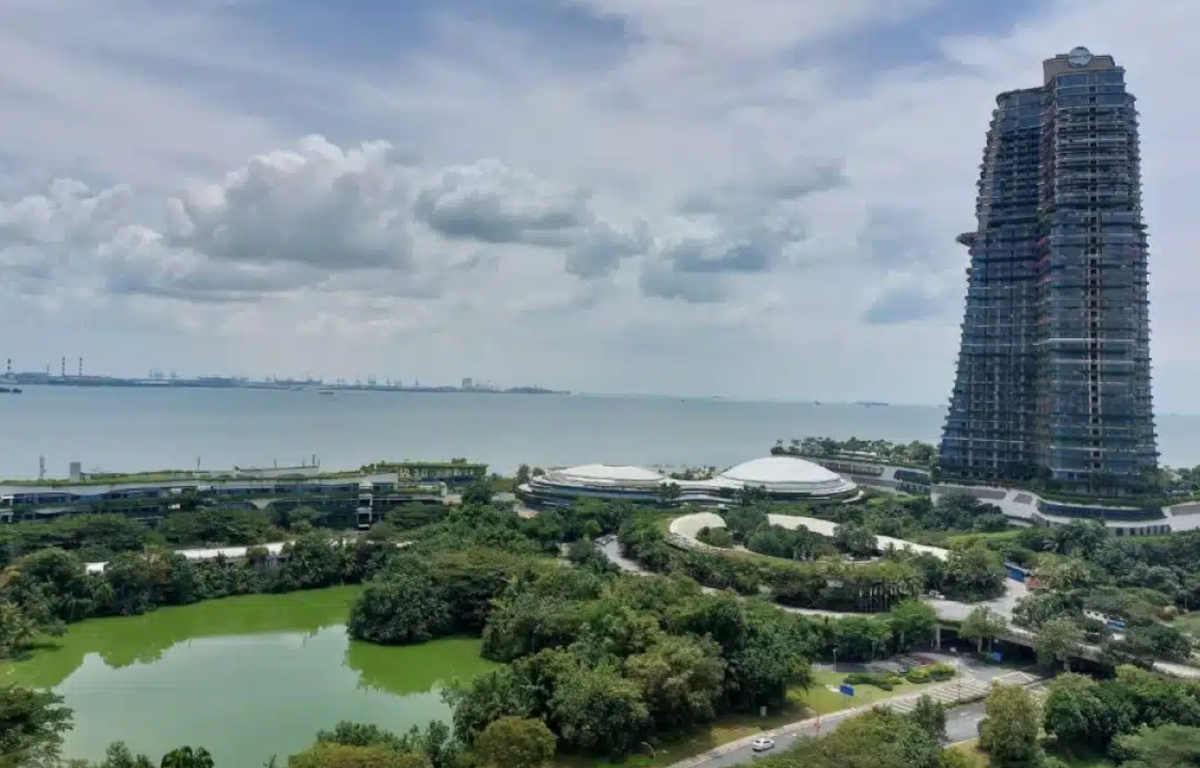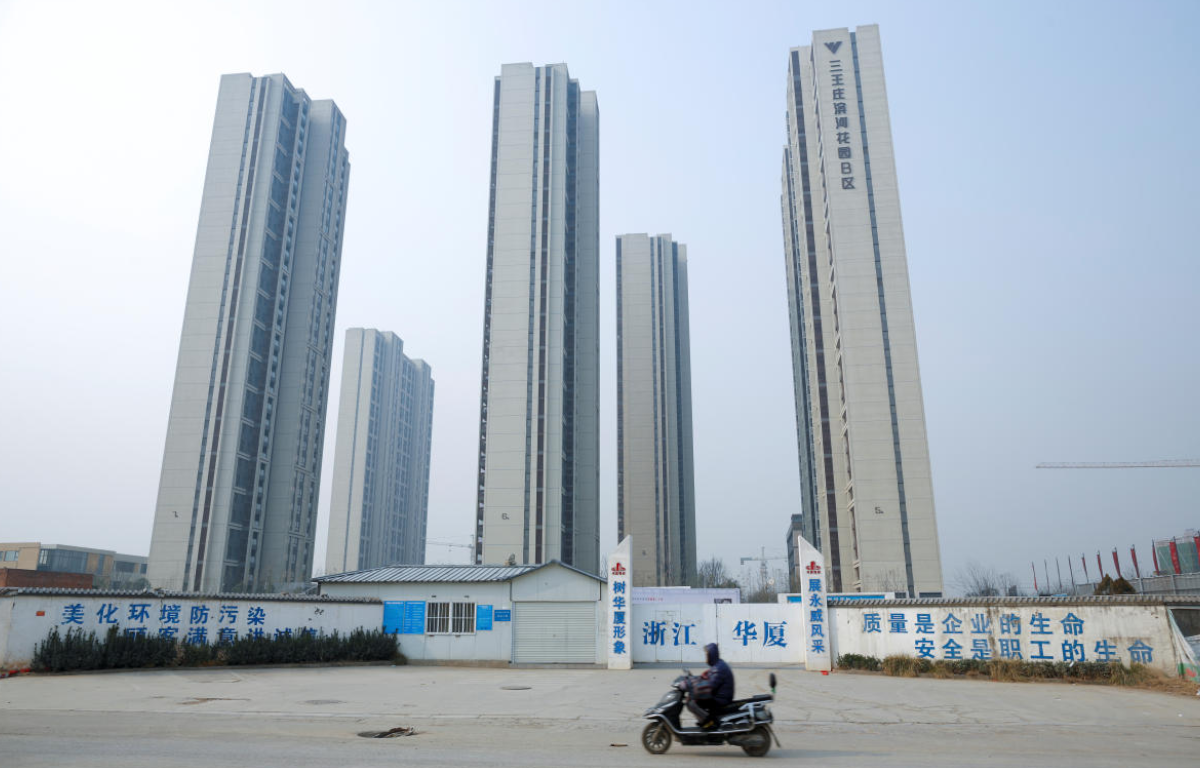
At first glance, China’s state capitalism appeared to be a masterstroke. The government retained a strong hand in the economy while simultaneously embracing elements of capitalism. State-owned enterprises (SOEs) dominated key industries, allowing the Communist Party to exert control and influence over economic activities. Meanwhile, private entrepreneurs were encouraged to flourish within certain boundaries.
The result was rapid industrialization, urbanization, and skyrocketing GDP growth rates. China became the world’s factory, manufacturing goods for the globe and accumulating vast foreign exchange reserves. The apparent success of state capitalism, however, concealed a growing list of challenges.
One of the most pressing issues facing China’s economy is its unsustainable debt burden. In its quest for growth, China accumulated massive amounts of debt, both within its financial system and by financing infrastructure projects around the world. This debt has ballooned to alarming levels, raising concerns about the country’s ability to service it in the long run.
Furthermore, state capitalism has led to severe overcapacity in many industries, from steel and aluminum to real estate. State-owned enterprises, shielded from market forces, continued to produce even when demand could not support such expansion. This has created a surplus of goods and contributed to price volatility, threatening the stability of industries and financial markets.
Despite its economic growth, China has struggled to foster a culture of innovation. State capitalism, with its emphasis on control and conformity, has hindered the development of a dynamic entrepreneurial ecosystem. While China excels in manufacturing and replicating technologies, it lags behind in creating cutting-edge innovations that drive long-term economic growth.
The Tyranny of State Control
The political dimension of China’s state capitalism has raised concerns about human rights, freedom of expression, and individual liberties. The government’s tight grip on various aspects of society has stifled dissent and innovation, leaving little room for dissenting voices or independent thought.
As China grapples with these challenges, its economic turmoil becomes increasingly apparent. The debt crisis, overcapacity issues, lack of innovation, and political constraints have created a precarious economic environment. The world can no longer ignore the cracks in the foundation of China’s economic success.
It is essential to recognize that true economic success is not measured solely by GDP figures or industrial output. It also encompasses factors like sustainability, innovation, social harmony, and individual freedoms. As China confronts its economic turmoil, it must consider a more balanced approach that promotes genuine innovation, market-driven competition, and a respect for human rights. Only then can it build a sustainable and resilient economy that can weather the challenges of the future.










Share this: